By Krzysztof Iwanek
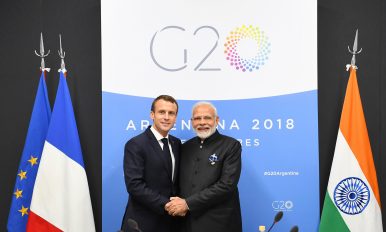 Reduced to a tweet, Indian foreign policy could be defined as that of continuity above political differences, and of gradual changes without revolutions. Thus, it came as little surprise that when the Hindu nationalist party, the BJP, took power in India in 2014, and Narendra Modi became the prime minister, the general course of New Delhi’s foreign policy did not change. This also applied to its somewhat less-noted aspect: relations with European countries.
Reduced to a tweet, Indian foreign policy could be defined as that of continuity above political differences, and of gradual changes without revolutions. Thus, it came as little surprise that when the Hindu nationalist party, the BJP, took power in India in 2014, and Narendra Modi became the prime minister, the general course of New Delhi’s foreign policy did not change. This also applied to its somewhat less-noted aspect: relations with European countries.
Main Partners
The lists of state visits do not entirely reflect India’s foreign policy priorities, but together with an array of other facts they help to paint the picture and list priorities. During the ten years (2004-2014) of previous United Progressive Alliance (UPA) rule, Prime Minister Manmohan Singh visited these European countries: Russia – 9 times (including for a BRICS summit), Germany – 4 times (including one G-8 summit), the United Kingdom – 3 times (including for a G-20 summit), France – 3 times (including for a G-20 summit), and one visit each to the Netherlands, Belgium, Denmark, Finland (for an India-EU summit), and Italy (for a G-8 summit).
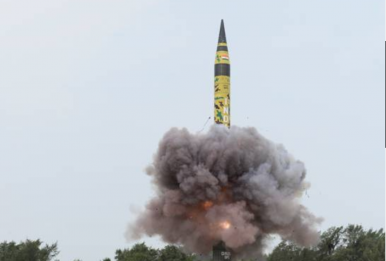
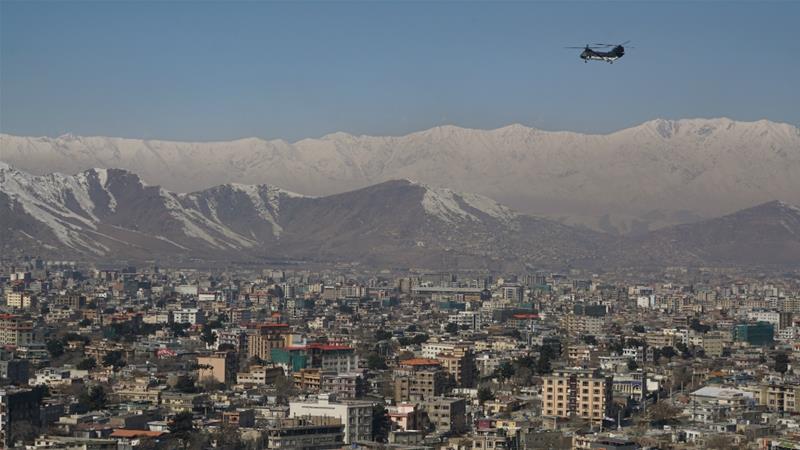




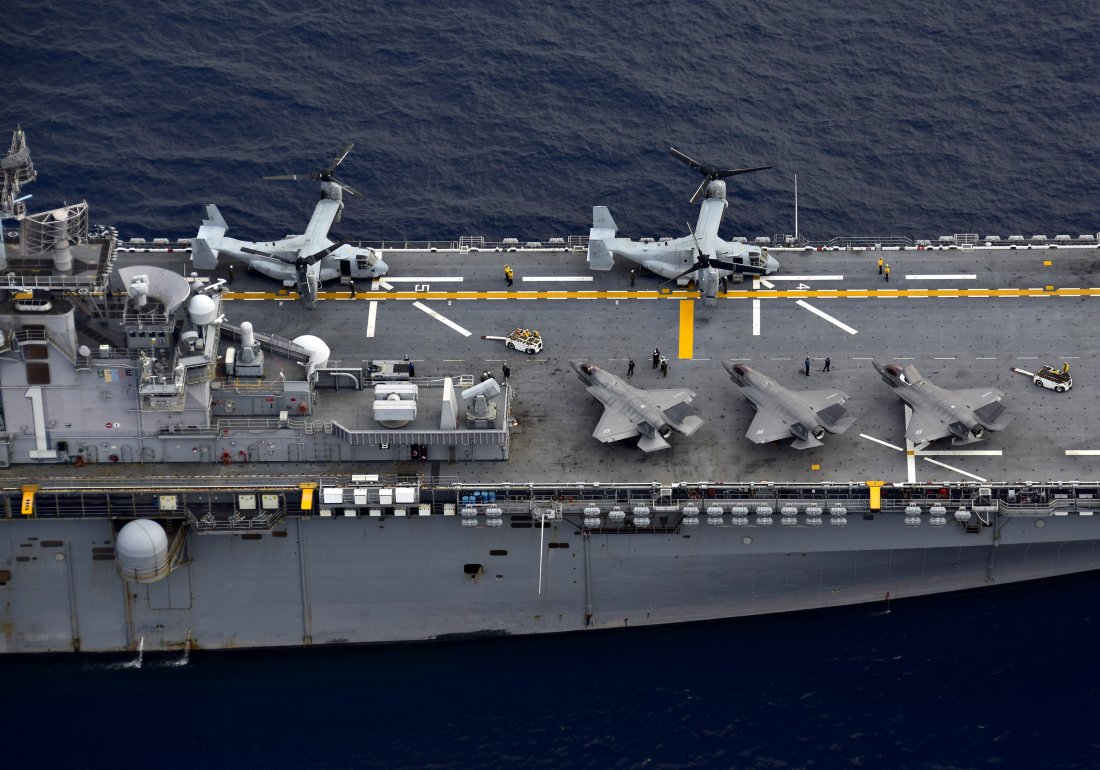
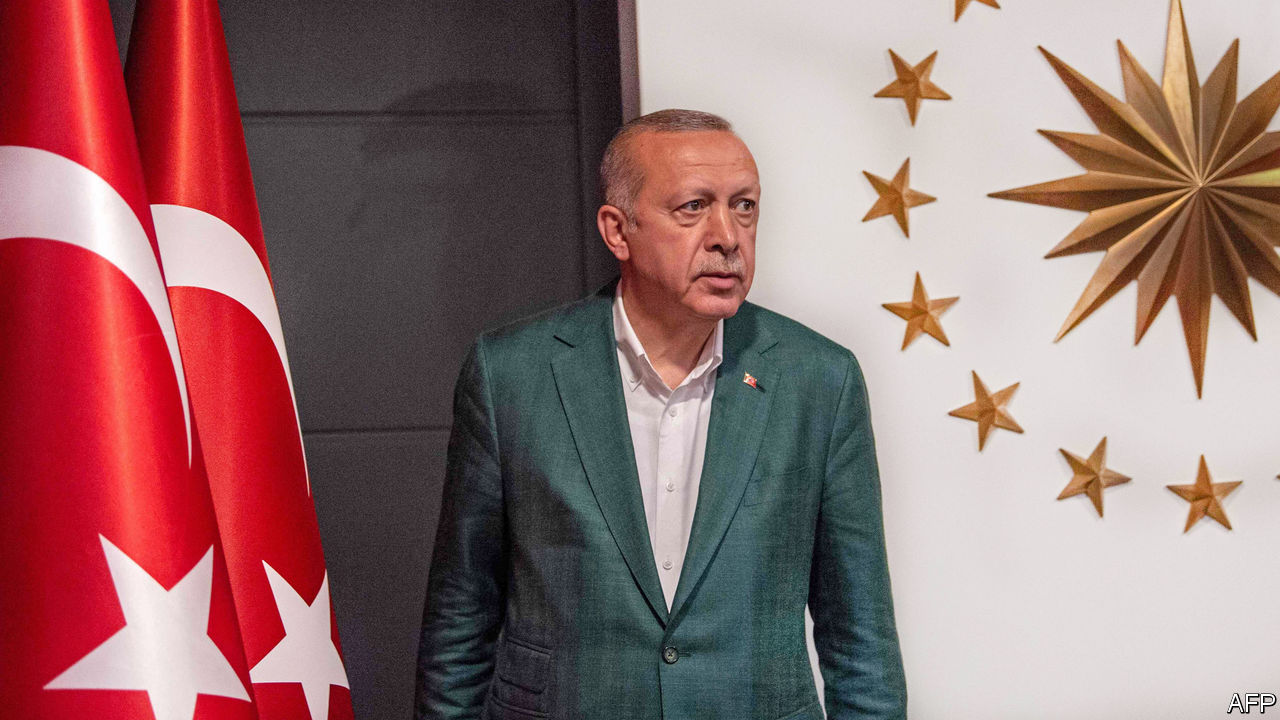







/arc-anglerfish-arc2-prod-mco.s3.amazonaws.com/public/BHUSCEAW3BHUXJQOAFORRAZELM.jpg)


